zhenfengxian specialty
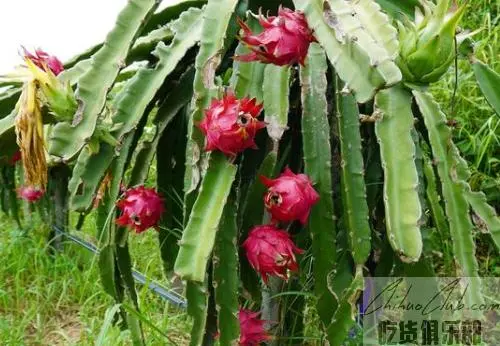
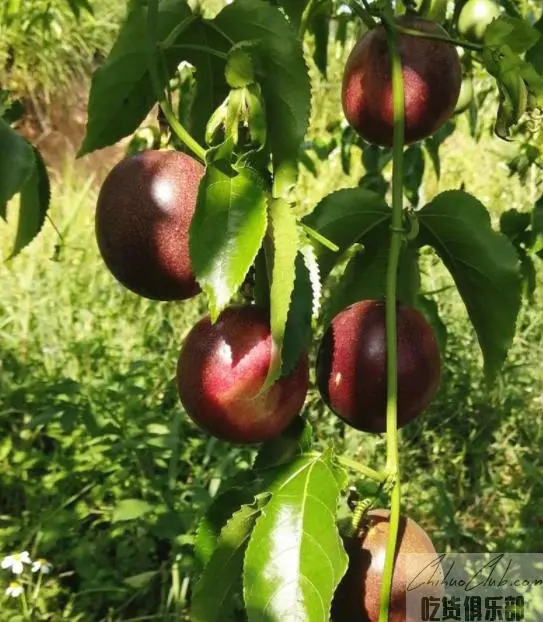
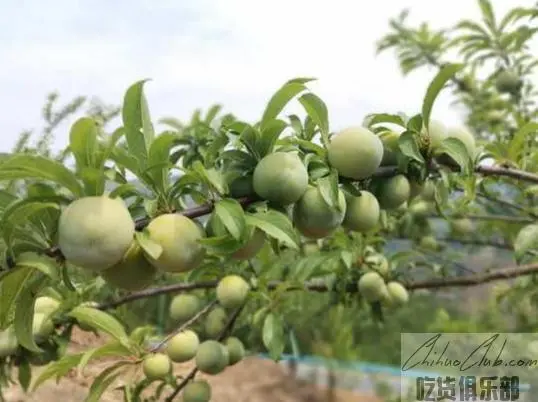
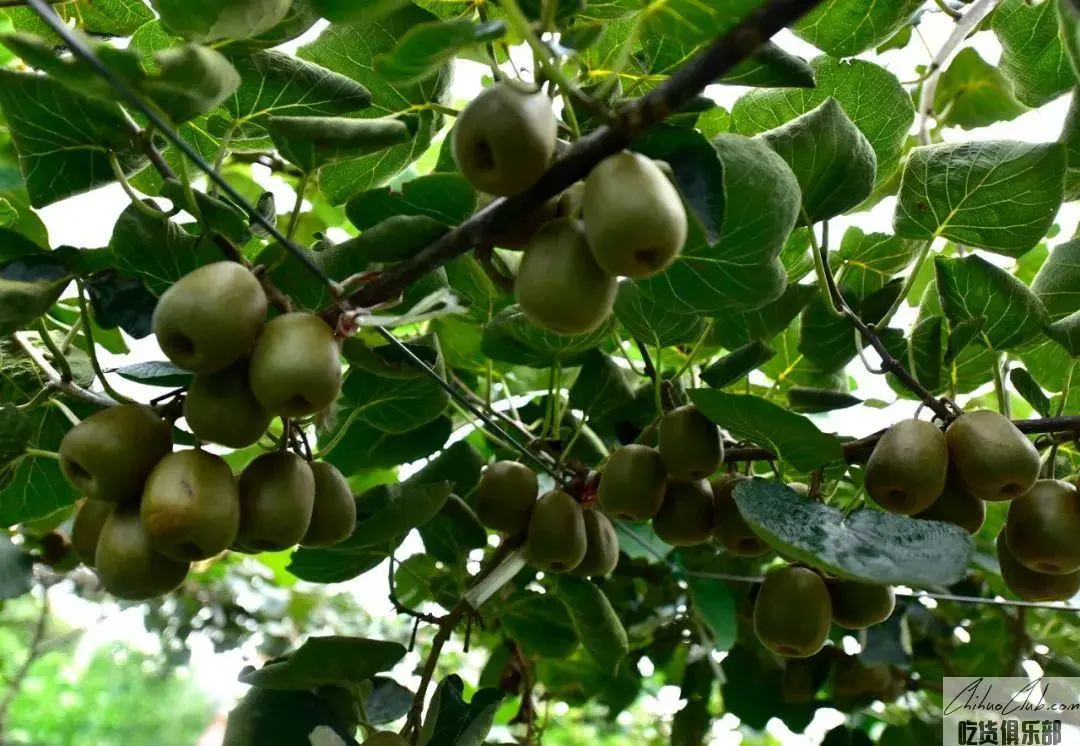
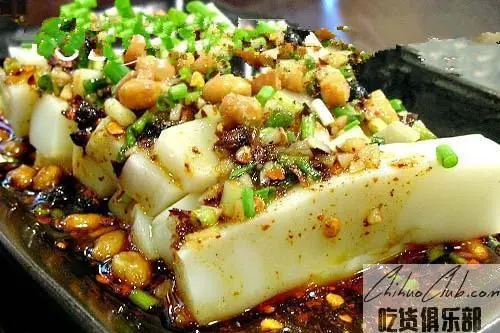
Guizhou Xingyi bait block, color positive, not thick soup, soft, with a strong alcohol and rice flavor, exported to many towns in Guizhou, welcomed by the masses. Xingyi is rich in "fragrant rice", and Xingyi bait is used to make it with this special fragrant rice.
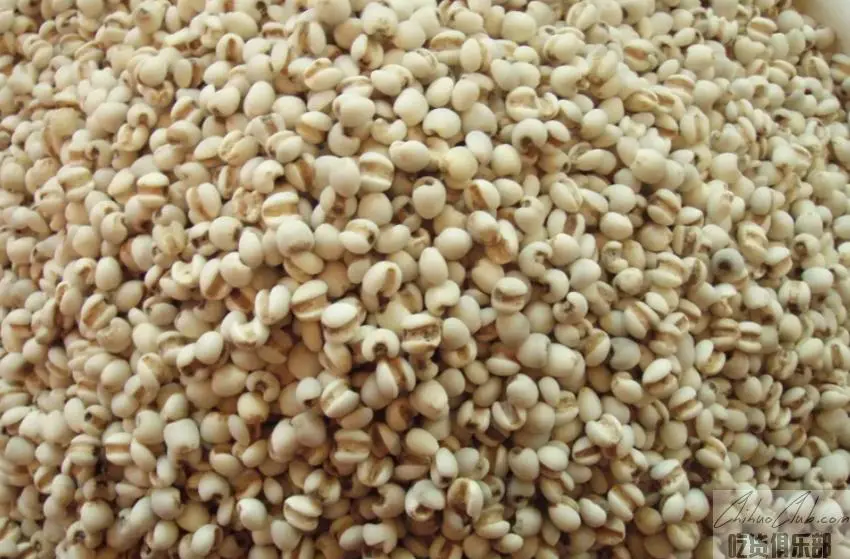
The soil of Xingren is mainly yellow soil, lime soil and paddy soil. The soil is rich in organic content, rich in iron and aluminum content, less calcium and magnesium ions, soil is neutral and slightly acidic, loose and humid, and the climate is warm and humid. The monsoon climate, no cold in winter, no heat in summer, good lighting conditions, more mountainous and weaker. Barley rice is a thermophilic plant with strong ecological adaptability. It is undoubtedly the best growing environment for barley rice. Xingren folks have praised Huanrenmi for "not competing with grain and tobacco, not fighting for labor with farmers, and should plant steep slopes and deep valleys with low cost and good income."
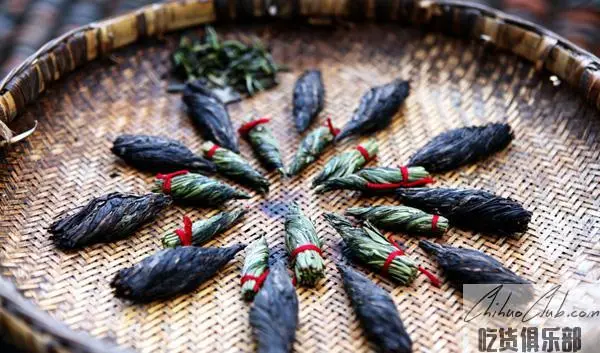
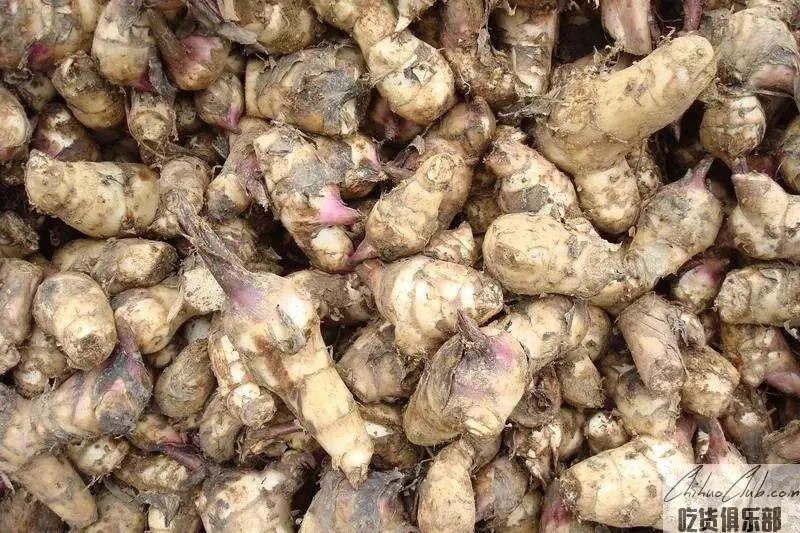
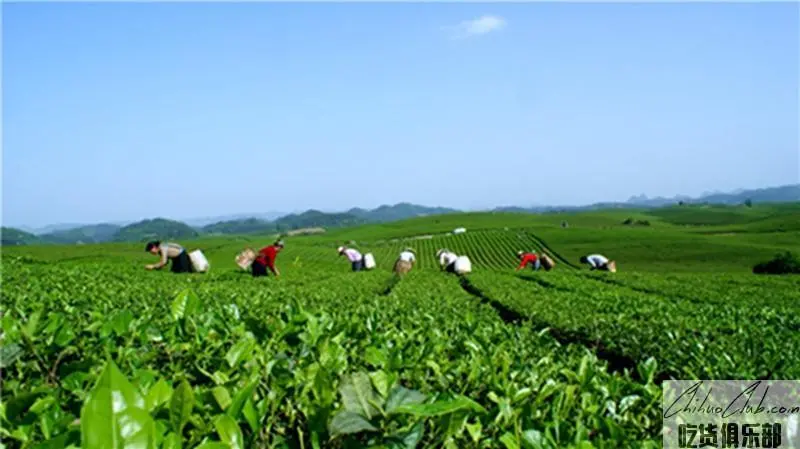
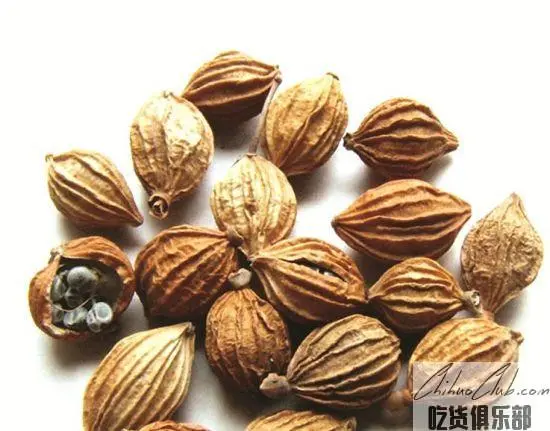
The serial Amomum is a well-known spice in Guizhou and a valuable Chinese herbal medicine. Produced in the "Hometown of Amomum in China" in Fengfeng County, the products are characterized by "round, fresh, full fruit, rich and unique aroma".
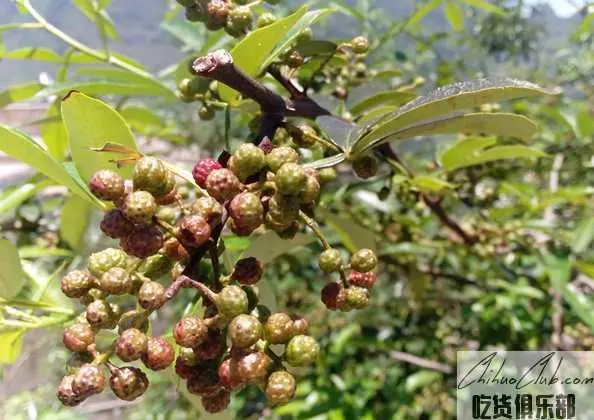
Diantan green pepper grows in the karst area of the Beipanjiang Grand Canyon, because of its low altitude, gas temperature, long sunshine, and small temperature difference. As a result, the green pepper grows and mutates in this place. As a result, the volatile oil (scented oil) of the topping green pepper is higher than the common green pepper, and the flavor is refreshing and alcoholic. In the green pepper is the top product.
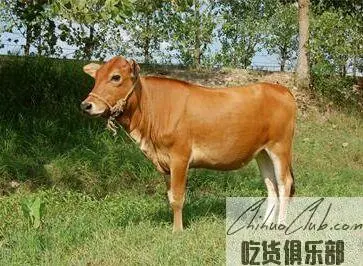
Nanpanjiang Yellow Cattle is a well-known livestock and poultry in the Yunnan-Guizhou Plateau. Its breed of cattle, Panyang Cattle, has been selected as a national cattle breed directory. It is a famous local cattle breed in China. Nanpanjiang Yellow Cattle refers to Panjiang cattle that are grown in the Nanpanjiang River Basin. Because of the special natural environment, the Panjiang cattle are strong, resistant to rough feeding, adaptable, and excellent in meat quality.
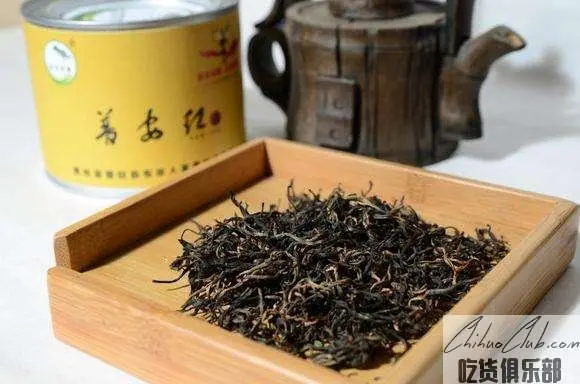
In the spring of the festival, the god of tea, this is a folk tradition that has been circulating in Puan for 600 years. The production process of Pu'an black tea can be traced back to the Ming Dynasty. It has been more than 600 years old. Because of its high quality, it was once the royal drink of the Ming and Qing Dynasties. "Yelang Fengwuzhi" records: "The smell of tea is different from the usual. When cooking, the fragrance is wild, and the drink makes people feel drunk and dreams like Nankeer."